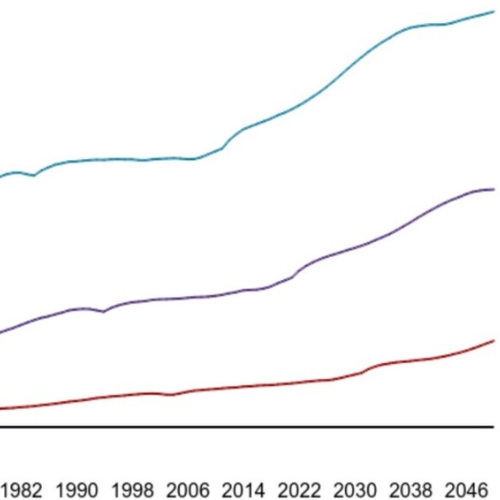Key points from article :
Researchers from the University of Jyväskylä, Finland, studied how long-term physical activity affects mortality and whether exercise can counteract genetic risks for diseases. They tracked 22,750 Finnish twins born before 1958, assessing their physical activity levels in 1975, 1981, and 1990, with mortality follow-up continuing until 2020. The study divided participants into four groups based on activity levels—sedentary, moderately active, active, and highly active.
The results showed that moderate physical activity provided the most benefit, reducing mortality risk by 7% compared to a sedentary lifestyle. Surprisingly, being highly active did not provide extra protection in the long term. Researchers suggested that pre-existing health conditions could influence both activity levels and lifespan, making it appear as if more exercise leads to longer life when other factors might be at play.
When analyzing whether meeting the World Health Organization's physical activity guidelines (150–300 minutes of moderate or 75–150 minutes of vigorous exercise per week) influenced mortality, researchers found no significant impact. Even among twin pairs, the more active twin did not consistently live longer than their less active sibling. This suggests previous studies may have overestimated the direct benefits of exercise on longevity.
The study also examined biological aging by analyzing blood samples from a subset of twins using epigenetic clocks, which measure aging at the molecular level. They found a U-shaped relationship—both sedentary individuals and highly active ones showed signs of faster biological aging, while those with moderate activity levels aged more slowly. Other factors, such as smoking and alcohol use, also influenced these results.
Genetic data from 4,897 twins were analyzed using polygenic risk scores to assess susceptibility to heart disease and blood pressure issues. They also tracked mortality in 180 identical twin pairs and measured biological aging in 1,153 individuals. The research combined expertise from the University of Jyväskylä, the Finnish Institute of Molecular Medicine at the University of Helsinki, and several Finnish funding organizations.
The study challenges the common belief that more exercise is always better for longevity. While staying moderately active has clear benefits, excessive exercise does not appear to offer additional protection, and genetic factors still play a role. The findings were published in a peer-reviewed journal, though the exact journal name was not specified in the summary.






